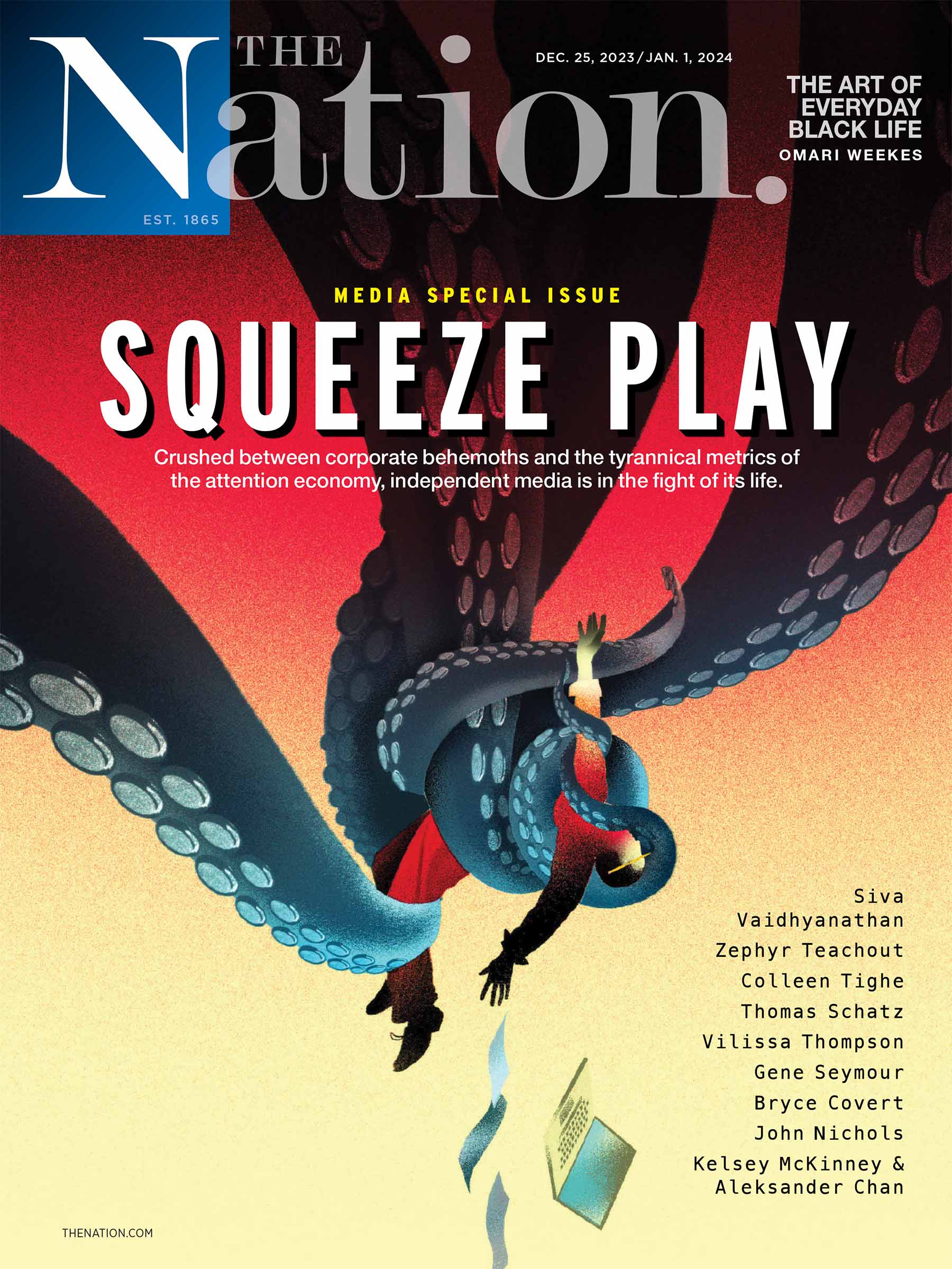
These Grannies Are Helping to Plug the School-to-Military Pipeline at Its Source These Grannies Are Helping to Plug the School-to-Military Pipeline at Its Source
When teachers are underpaid and schools are underserved, why do we pay veterans to encourage young students to join the military?
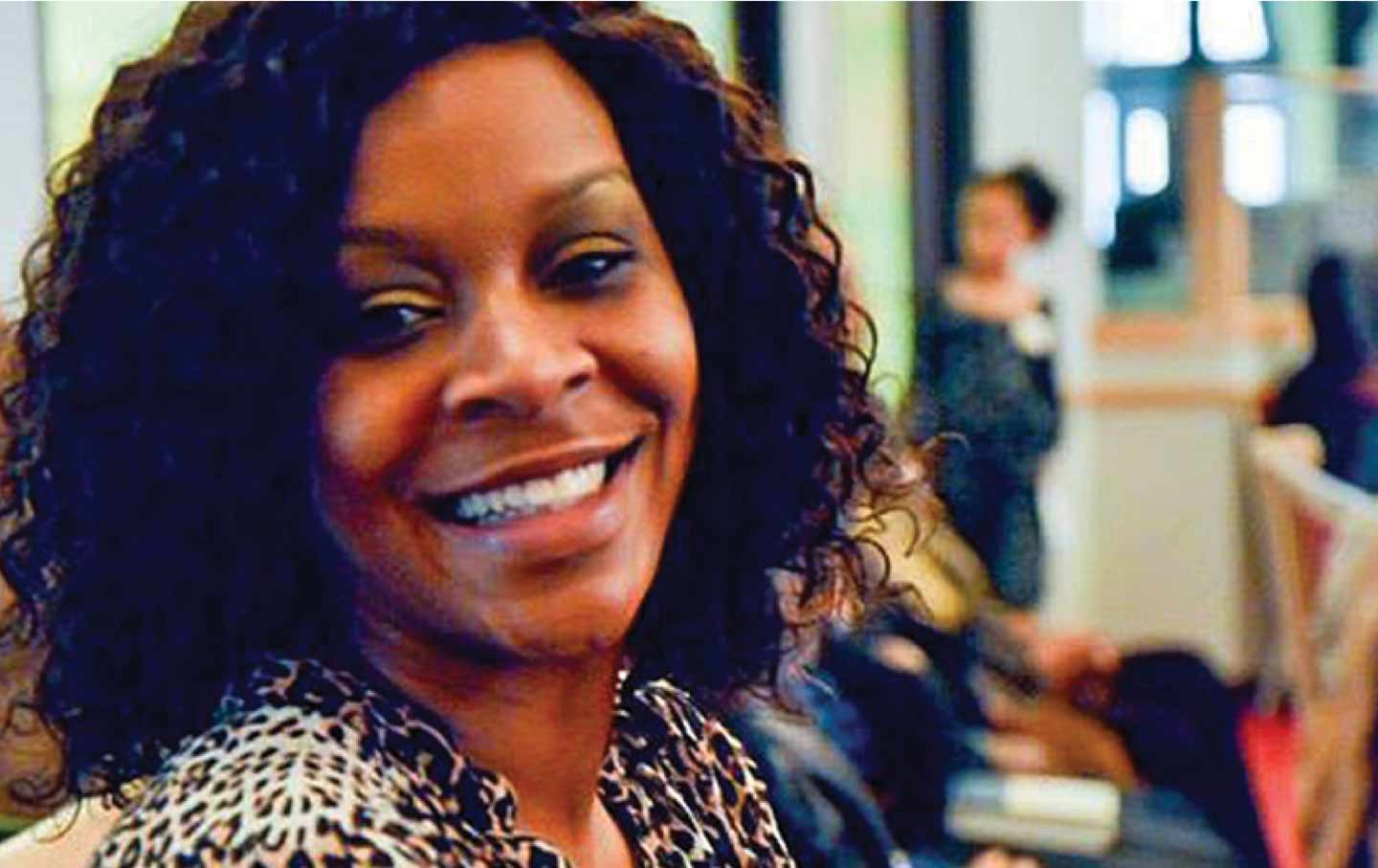
What Happened to Sandra Bland? What Happened to Sandra Bland?
To answer that question, you must begin way before she died in a Texas jail.
Apr 21, 2016 / Feature / Debbie Nathan
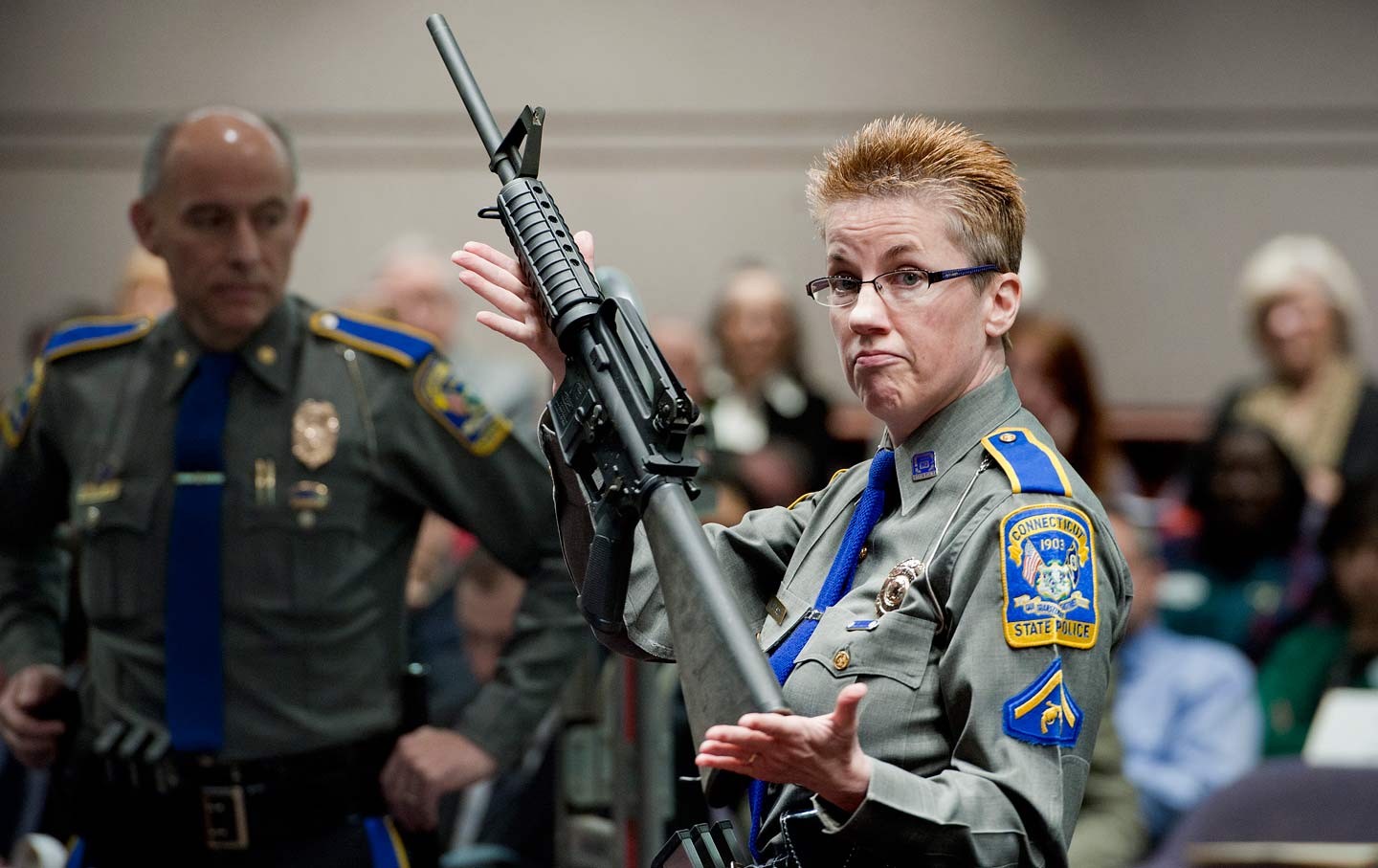
The Newtown Families Just Won a Big Victory in Their Fight Against Remington Guns The Newtown Families Just Won a Big Victory in Their Fight Against Remington Guns
Will the gunmaker have to pay the price for the Sandy Hook mass shooting?
Apr 14, 2016 / George Zornick

This Is Your Brain on Climate Change This Is Your Brain on Climate Change
A major new study paints a grim picture of how climate change will affect health, both physical and mental.
Apr 5, 2016 / Zoë Carpenter
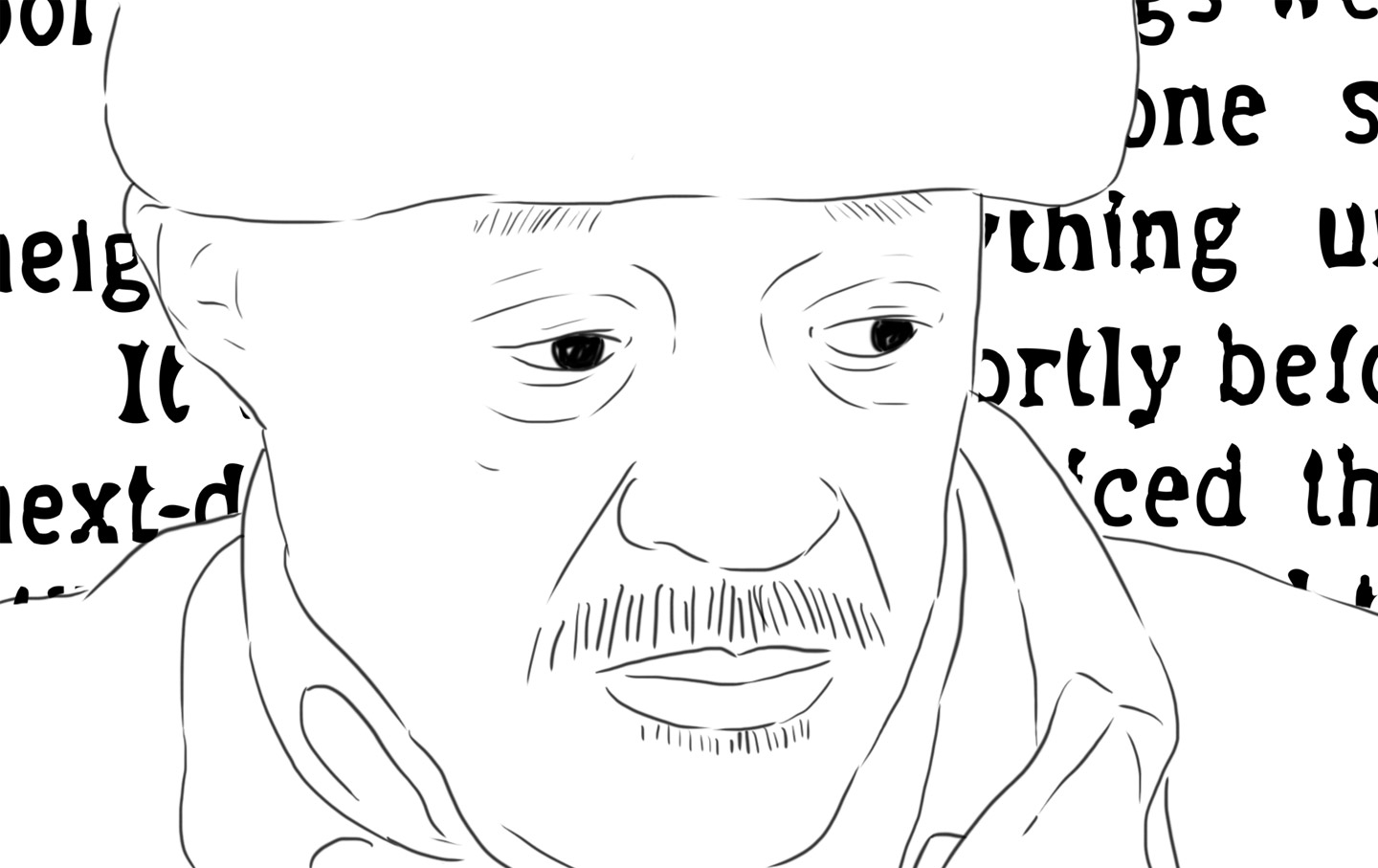
This Film Is the Gem at a Controversial Oscars This Film Is the Gem at a Controversial Oscars
Last Day of Freedom is a haunting animated film about a veteran sent to death row.
Feb 24, 2016 / Column / Patricia J. Williams
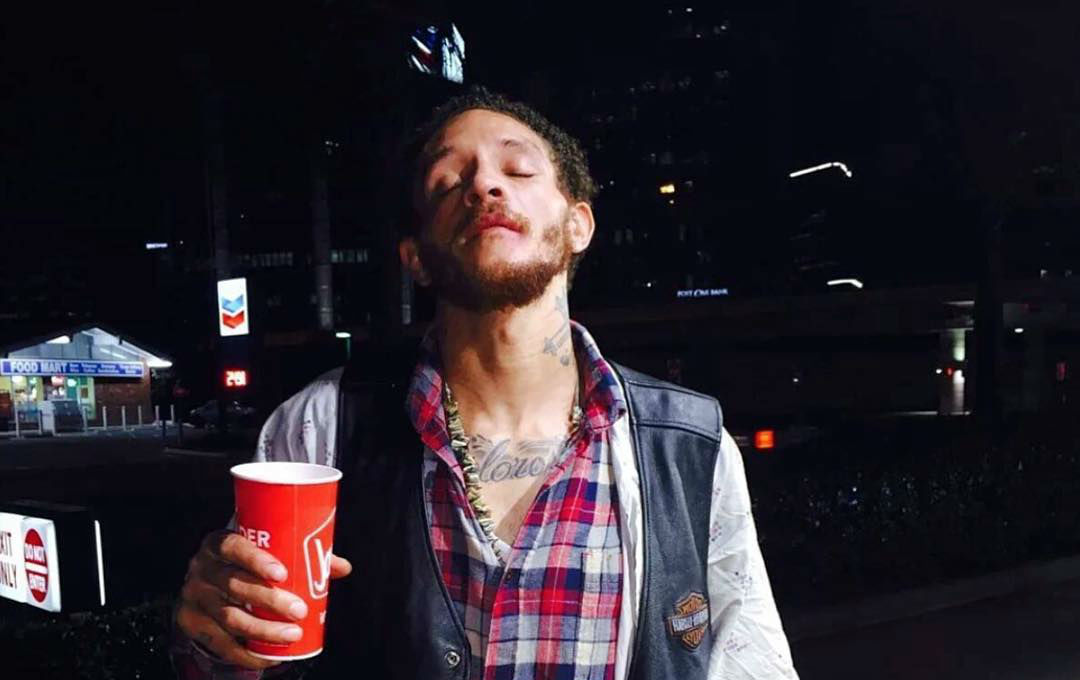
Delonte West, Mental Health, and Royce White’s Unpublished Letter to the NBA Delonte West, Mental Health, and Royce White’s Unpublished Letter to the NBA
A former NBA player is suffering and another former player is taking the league to task for failing to do the right thing.
Feb 24, 2016 / Dave Zirin
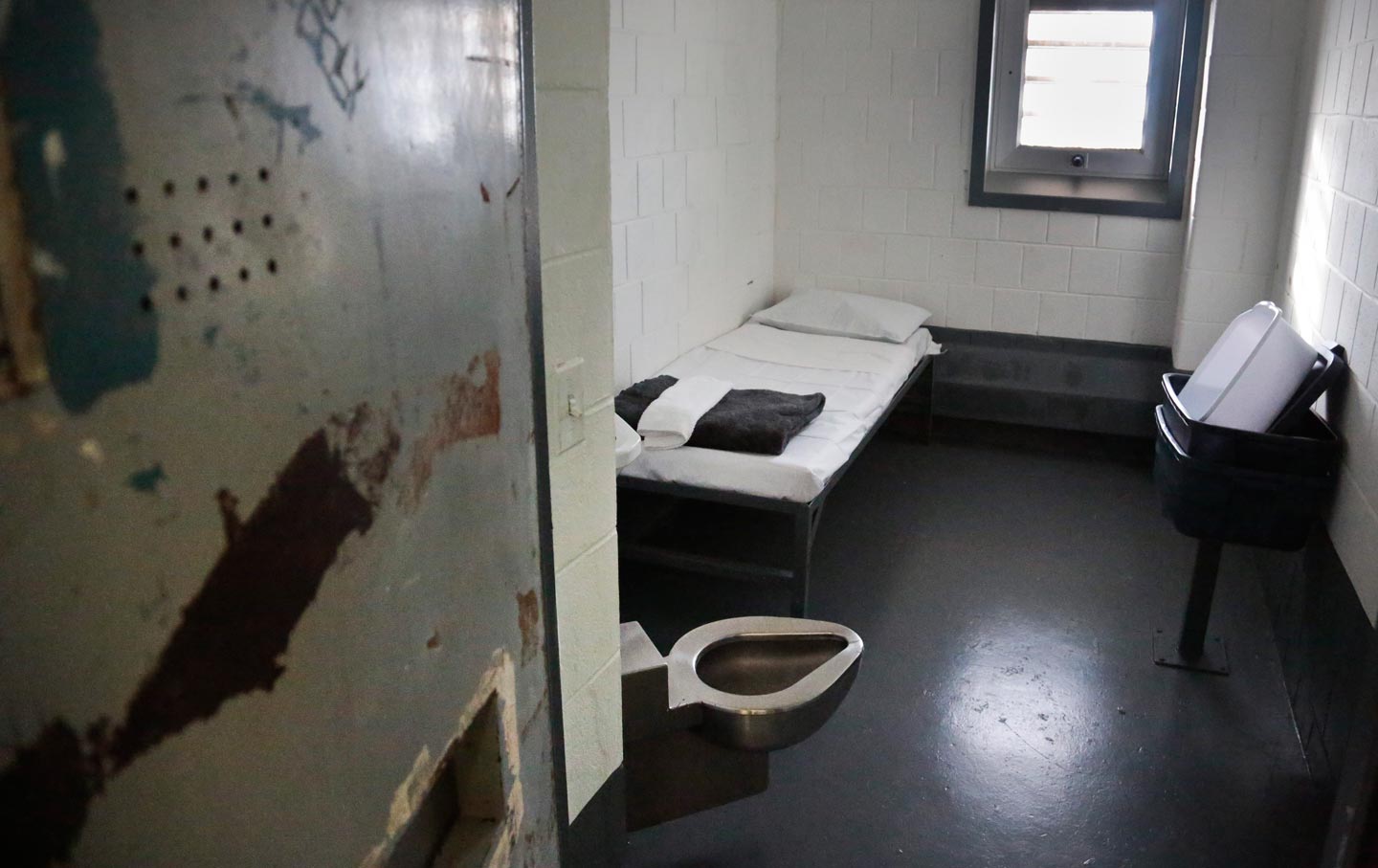
How a Former Black Panther Could Change the Rules of Solitary Confinement How a Former Black Panther Could Change the Rules of Solitary Confinement
The case of Russell Maroon Shoatz, who spent nearly 30 years in solitary confinement, could set a precedent for others held in prolonged isolation.
Feb 22, 2016 / Victoria Law
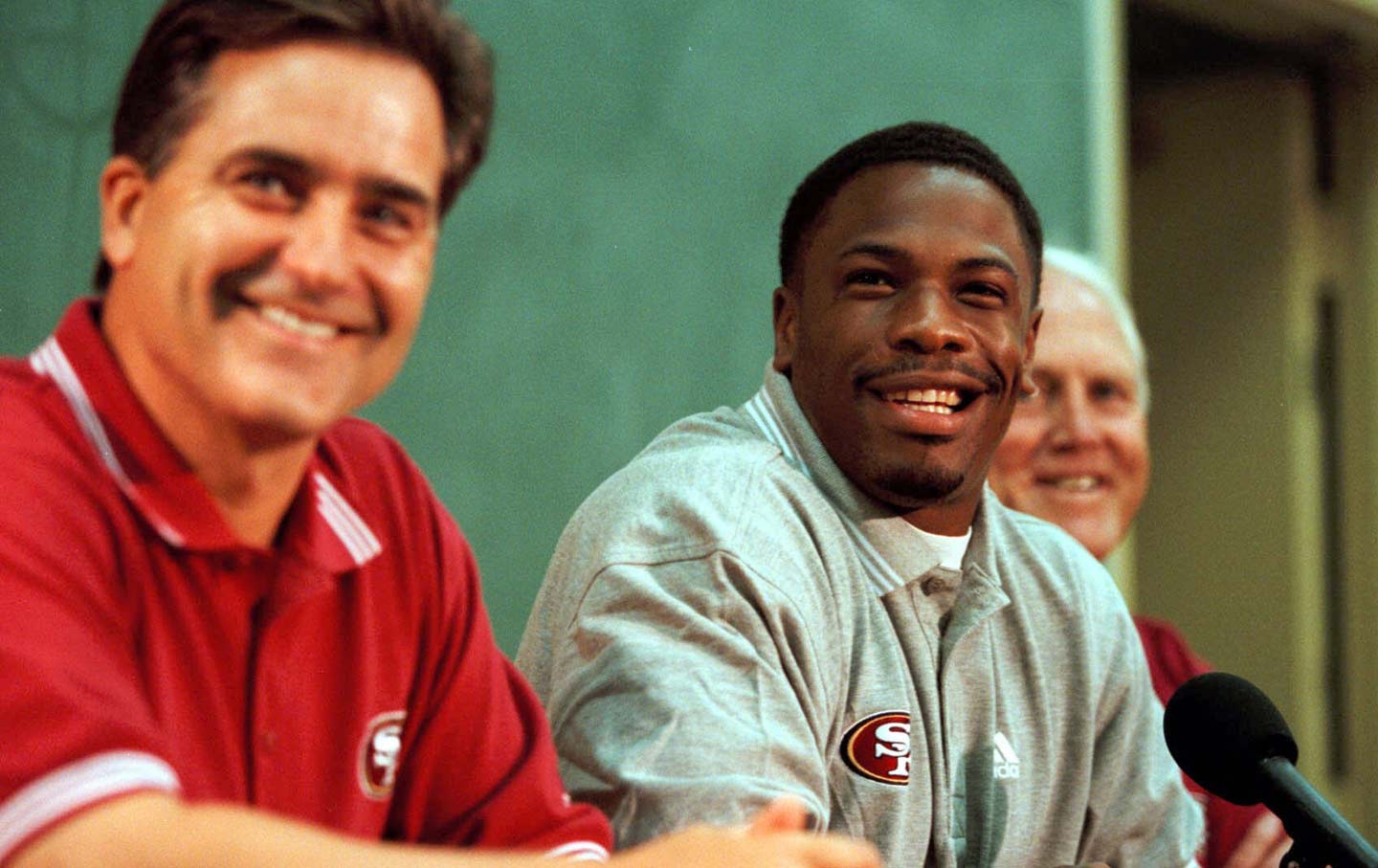
Who Killed Lawrence Phillips? Who Killed Lawrence Phillips?
The former first-round draft pick took his own life in a prison cell. But there is far more to this story.
Jan 14, 2016 / Dave Zirin
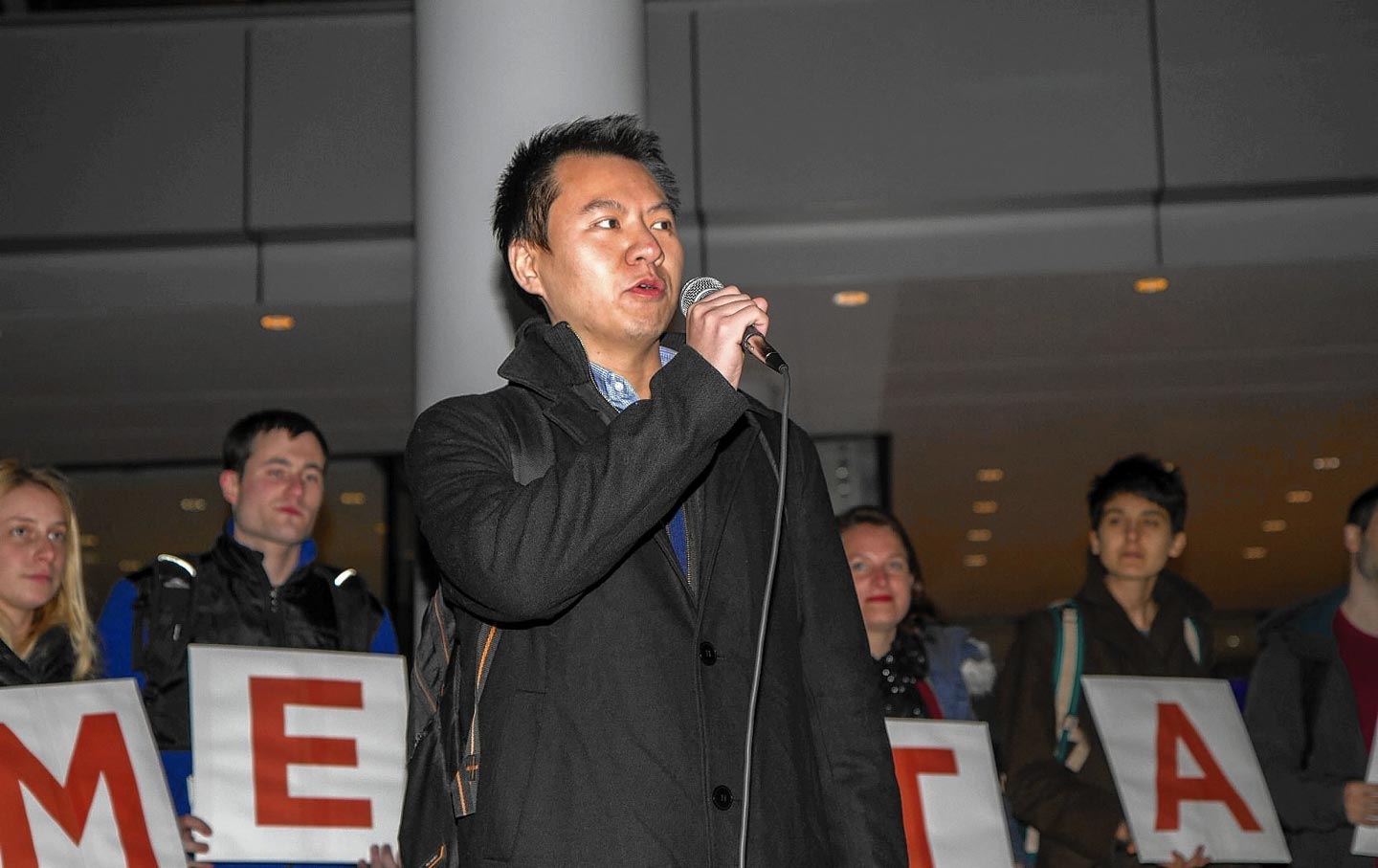
Who’s Fighting the Mental-Health Crisis on Campus? Unions. Who’s Fighting the Mental-Health Crisis on Campus? Unions.
Grant Mao wanted to get back on track. Yale wanted to get rid of him.
Dec 29, 2015 / Michelle Chen
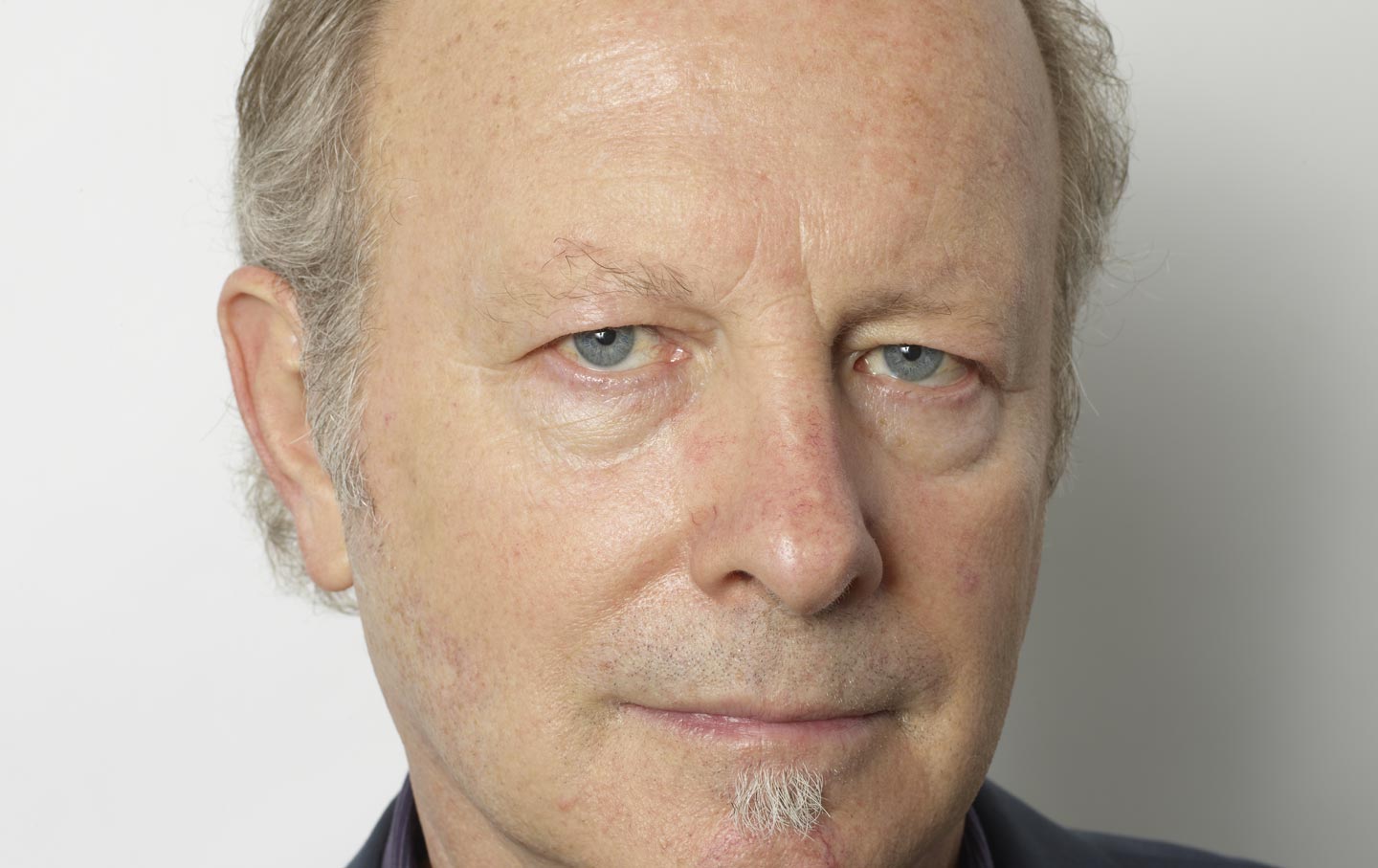
Is Anxiety the Price We Pay For Freedom? Is Anxiety the Price We Pay For Freedom?
The neuroscience of fear is incomplete without an account of philosophy and politics.
Dec 23, 2015 / Books & the Arts / Simon Wolfe Taylor
